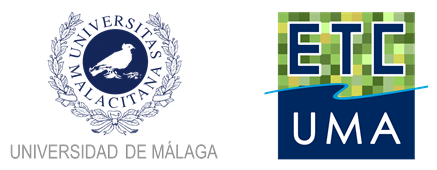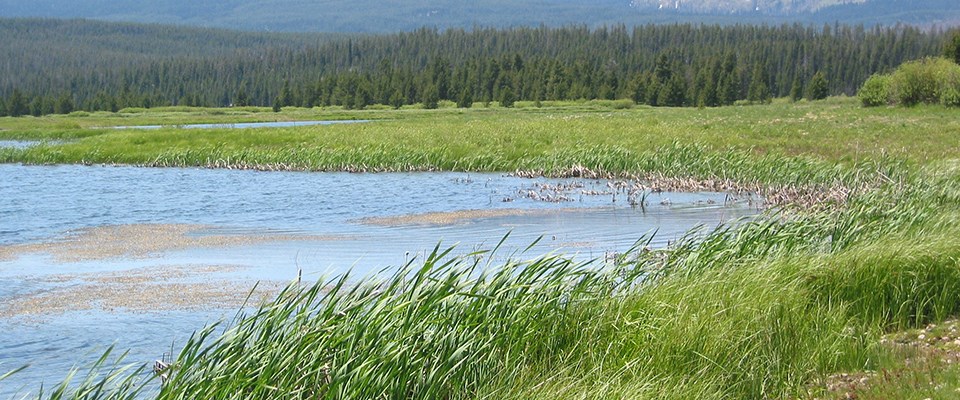Enhanced wetland monitoring, assessment and indicators to support European and global environmental policy is the title of the new report led by ETC-UMA in the framework of the SWOS project, a European Union funded project under the Horizon 2020 Framework Programme for Research and Innovation.
The 2019 report identifies the links between the Horizon 2020 Satellite-based Wetland Observation Service (SWOS) project outcomes and existing policy frameworks at European and global levels. It aims to guide EU Strategies and Directives to better address wetland ecosystems, paving the way towards a European environmental model that benefits wetland ecosystems and ensure the adequate prevision of related ecosystem services, by guiding action towards achieving no-net-loss and restoration targets and decreasing degradation objectives for wetland ecosystems.
In the last forty years, more than 35% of wetlands worldwide have been lost. To halt this rapid decline and be able to respond to the increasing demand for water resources, the SWOS policy recommendations aim to empower the main institutions that contributed to the study, and regional relevant stakeholders, towards influencing ongoing discussions on the post-2020 EU biodiversity framework, the future resolutions of the Ramsar Convention as well as the 2030 Agenda for Sustainable Development.
The SWOS report looks beyond the current EU and global policy framework aiming at 2020 as a reference year for many targets and actions which will most likely fail. Instead, the report provides key messages for the post-2020 agenda at EU level focusing strongly on progress towards a resource-efficient, low-carbon economy to achieve EU environmental objectives. However, this currently lacks clear policy objectives towards protecting biodiversity, natural capital, and human well-being.
Among the key policy recommendations highlighted in this new report, the need to use adequate monitoring, assessment and indicators through the use of new information technologies including satellite images is filled by the project through a series of tools, methodologies and online materials including videos to assist policy-makers and other interested users. Main policy recommendations stemming from the project experience refer to three main aspects and are summarised below:
- Wetlands are crucial ecosystems in crisis and in need of urgent action:
The declining wetland surface trends as well as their poorer quality over time need to be reversed to conserve their unique ecosystem services, among which freshwater. Though covering only 6% of the land surface, they connect air, land and water habitats, mitigate the impact of global change and human pressures and thus wetland hydro-ecological extensions need to be correctly delineated and more effectively managed using an ecosystem-based approach to stop the rapid degradation rates.
- Wetland mapping and monitoring should use a common platform and language across policies and sectors:
A common terminology needs to be used to reflect the cross-cutting nature of wetlands and habitat types in different policies, standardizing terminologies and categorisations and opening data to different types of parties through a mapping platform. Such common spatial tool can support countries in their reporting obligations and involve other users in the designation and monitoring of Ramsar and other wetlands of key importance.
- In Europe, dedicated policies targeting wetlands explicitly are very necessary:
Whilst most environmental actions that are derived from legislation are relevant to wetlands, dedicated EU policies targeting wetlands explicitly are very necessary enabling the implementation of ecosystem-based management actions through legislation for ensuring the delivery of practical results on the ground in benefit of wetland ecosystems.
The full SWOS report 2019: Enhanced wetland monitoring, assessment and indicators to support European and global environmental policy can be accessed here.
SWOS posters and case studies here.
SWOS website and resources here.
The SWOS project partnership represents organisations specialized in developing, testing and validating innovative techniques and methodologies as well as user organisations involved with wetland conservation ensuring the final SWOS Services meet the actual needs of end-users.
For more information, please contact:



